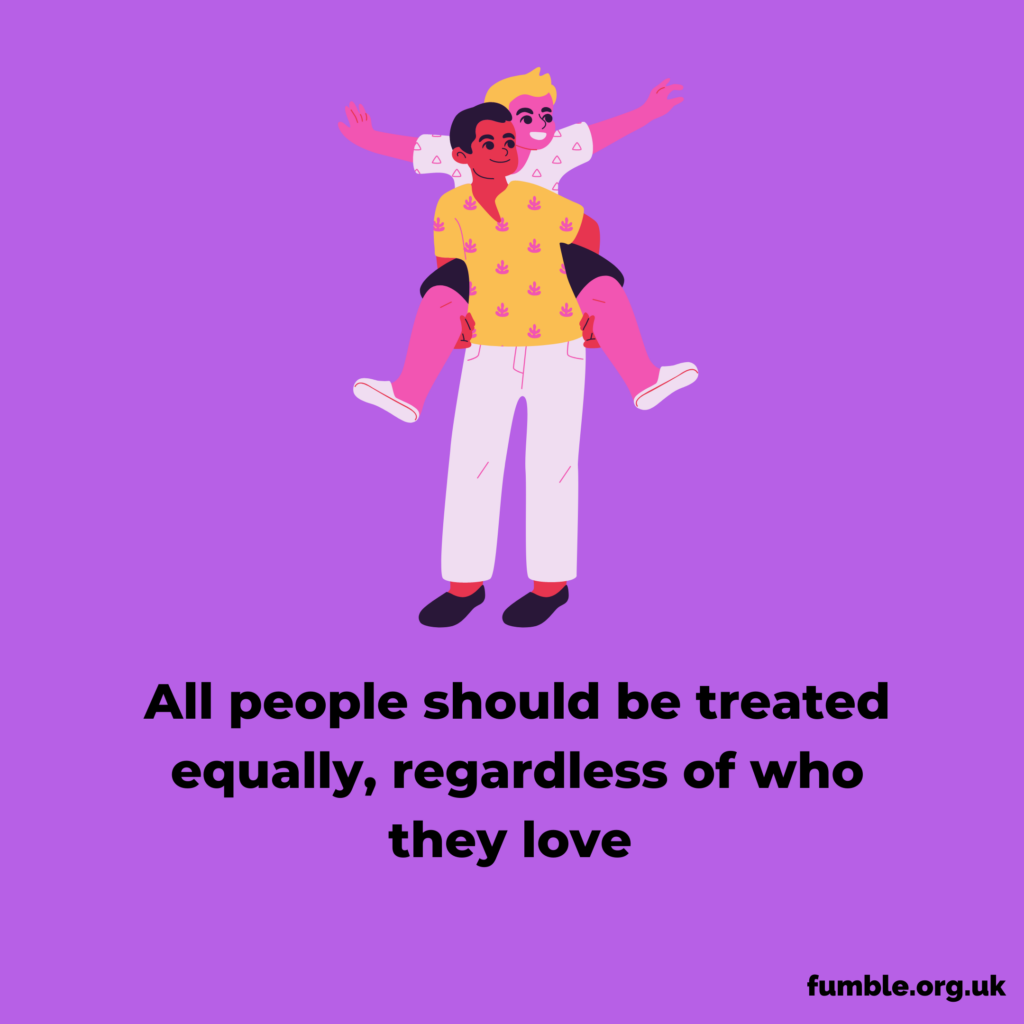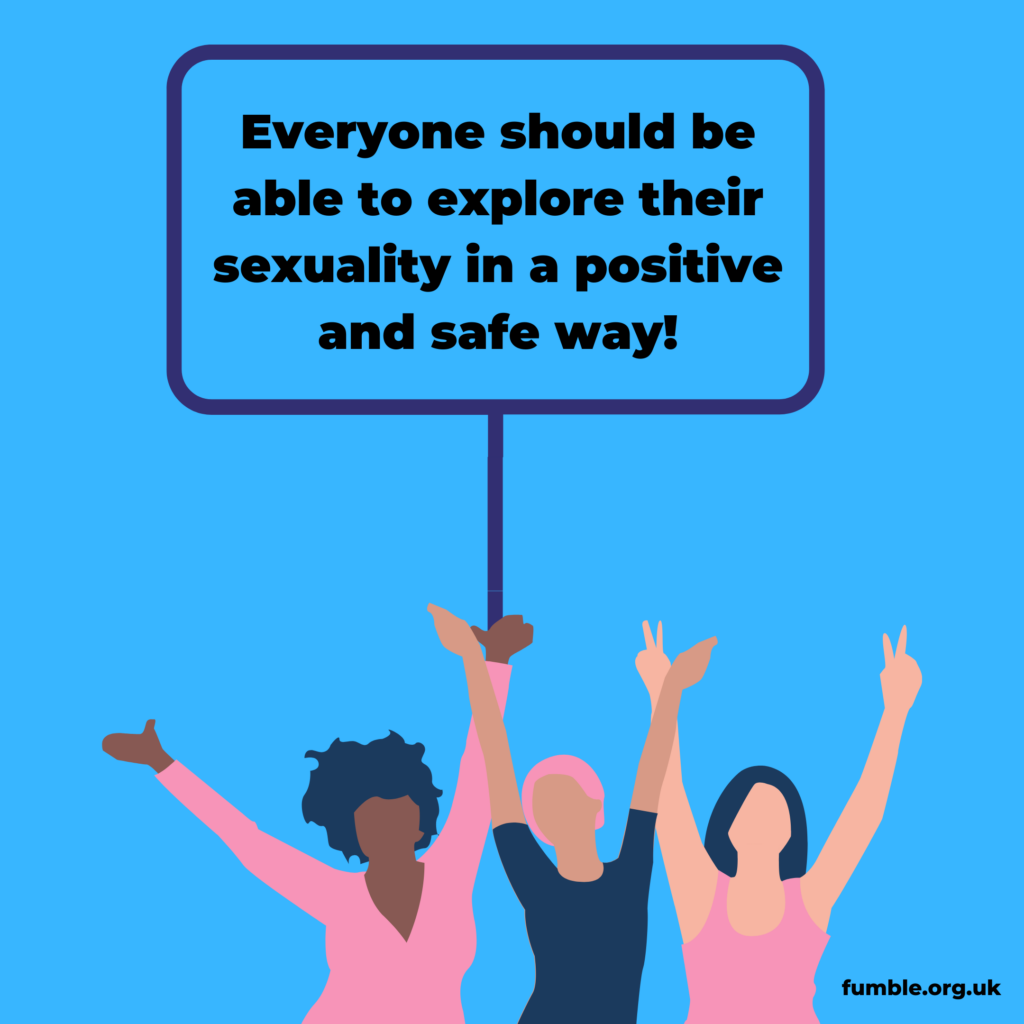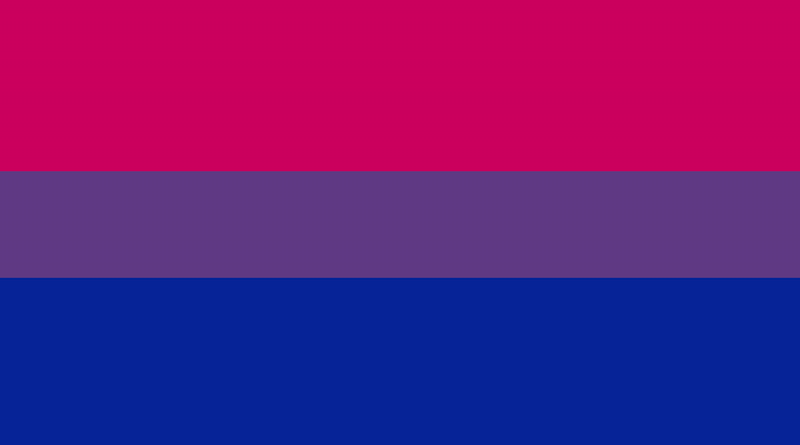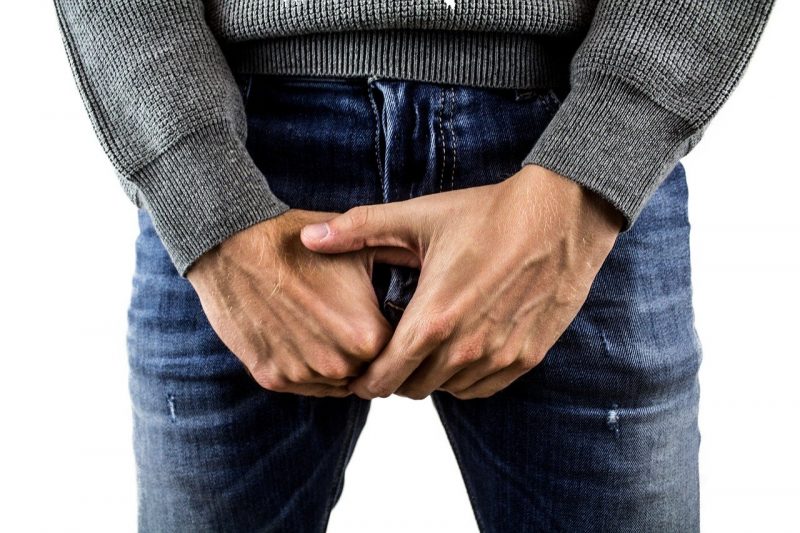No, the B in LGBT does not stand for ‘brunch’
Gay and lesbian representation in the media has definitely improved over the last handful of years. Popular television shows like Orange is the New Black and American Gods feature well-developed gay and lesbian characters, and more and more countries are legalising same-sex marriage. However, despite increased global awareness, it can still be very easy to overlook some members of the LGBTQ+ community who are still struggling for visibility: bisexuals.
What is bisexuality?
A bisexual person is someone who’s attracted to people of more than one gender. This could be romantic and/or sexual attraction. Historically, bisexuality has meant being attracted to both men and women. But now we’re far more clued up on gender identity and we know that gender isn’t restricted to just men and women. There are many more gender identities.
Unfortunately, some people in the straight and LGBTQ+ communities don’t consider bisexuality to be a ‘real identity’. This is called bisexual erasure, and it’s a problem. Bisexual erasure is when “the existence or legitimacy of bisexuality (either in general or in regard to an individual) is questioned or denied outright.” Common examples of bisexual erasure are wrapped up in the belief that people cannot ‘be’ bisexual, and those who identify that way are simply ‘seeking attention’ or ‘confused.’

How I experience bisexual erasure
This erasure results in something called bi invisibility, which I personally experience. I am a bisexual woman with a straight boyfriend, but when people see us out and about holding hands they assume I am straight. Were I holding hands with a girlfriend, people would assume I was a lesbian. In both examples my bisexuality is not considered an option, and rendered invisible.
Now, this part I cannot stress enough: I do not magically become heterosexual or homosexual based on my partner. Whether or not I am dating a man or a woman (be they cisgender or transgender) does not change my bisexual identity. Even if I were to get married, it would not alter who I am, or serve as proof that I ‘chose a side’.
Often bisexual people are told to ‘just pick one’. Or they’re asked the ever-aggravating question: ‘who do you like more, boys or girls?’ Identifying as bisexual comes with some harsh territory. Bisexual women are seen as overly promiscuous and untrustworthy, while bisexual men are often told they just haven’t realised they’re gay yet. Often in the media, bisexual female characters are reduced to depicting a woman on woman sexual fantasy for the viewer, rather than being portrayed as real three-dimensional people, while male bisexual characters are almost nonexistent.
Bisexuality makes people uncomfortable. It pushes them to acknowledge that there are more sexual identities to choose from than just straight and gay. I’ve had moments where I felt identifying as one or the other would make things easier, so I wouldn’t feel judged.

This is not to say that gay and lesbian people have it easy. They don’t. Gay and lesbian couples still face violence around the world and it would be foolish of me to not recognise I have the privilege to pass as straight, when I’m in public with my boyfriend. However, this does not mean we should allow bisexual erasure to continue. Bisexuality is a real and valid sexual orientation, which deserves the same level of recognition as other sexual orientations.
If a friend or loved one tells you they are bisexual, offer them your support instead of telling them they’re confused or lying. Remember that sexuality exists on a spectrum, and you should extend the same level of acceptance to others that you would want in return.
Other support
- Blog: I’m here, I’m queer, and I’m getting used to it
- How do you know if you’re sexually attracted to someone?
- Stonewall – Bi visibility hub
- Brook – Find LGBTQ+ support near you
Read more
Last Reviewed 27 February 2023
Image Credit: Kat Love via Pixabay




